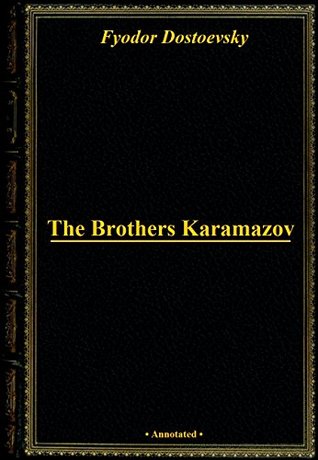More on this book
Community
Kindle Notes & Highlights
Yet I must give some preliminary account of him, if only to explain one queer fact, which is that I have to introduce my hero to the reader wearing the cassock of a novice.
And now, with my third reading of The Brothers, having read the book leisurely for a class in high school and again at a rather frenetic pace in college for a course taken at UC Davis on Dostoevsky in Russian literature, I now discover why I always thought Alyosha was the good guy in the story, or rather, the hero of it, when indeed that is how he is portrayed by Toastea ski (siriously, Siri?) in the novel.
I may as well give my full opinion from the beginning. He was simply an early lover of humanity, and that he adopted the monastic life was simply because at that time it struck him, so to say, as the ideal escape for his soul struggling from the darkness of worldly wickedness to the light of love.
I always thought that the father and the three sons were different facets how to Dostoevsky saw himself. Alyosha was, I think, the person Dostoevsky thought he was inside and truly wanted to be, but knew he was not.
Though these young men unhappily fail to understand that the sacrifice of life is, in many cases, the easiest of all sacrifices, and that to sacrifice, for instance, five or six years of their seething youth to hard and tedious study, if only to multiply tenfold their powers of serving the truth and the cause they have set before them as their goal—such a sacrifice is utterly beyond the strength of many of them.


